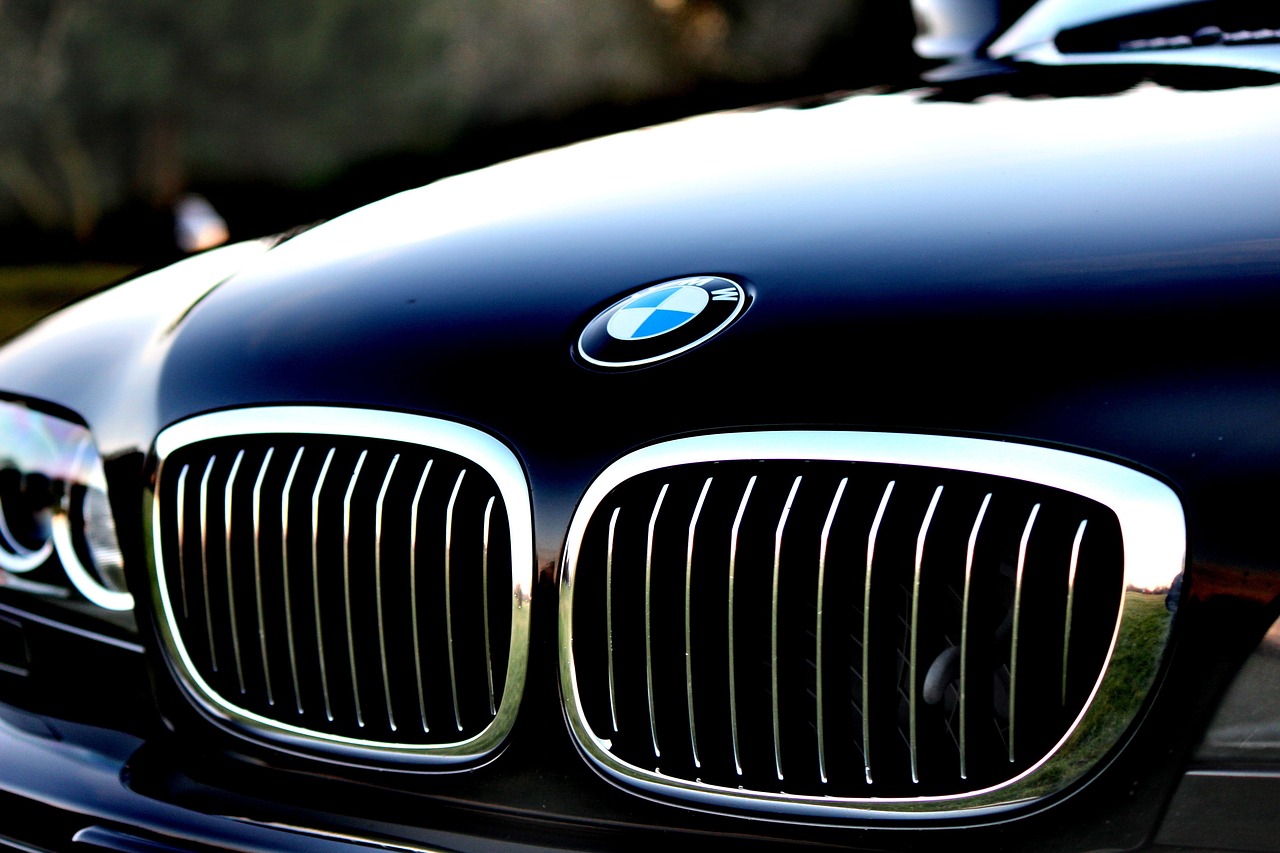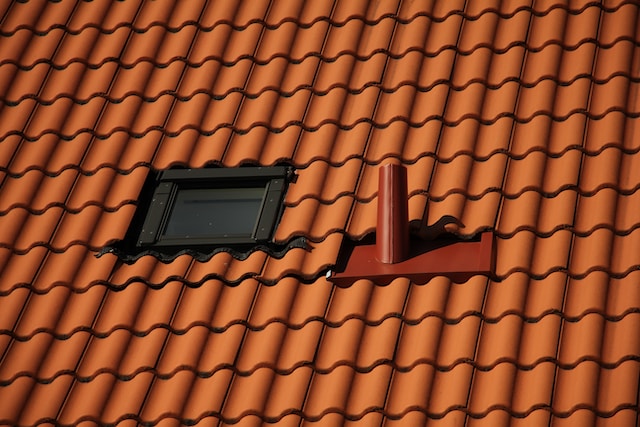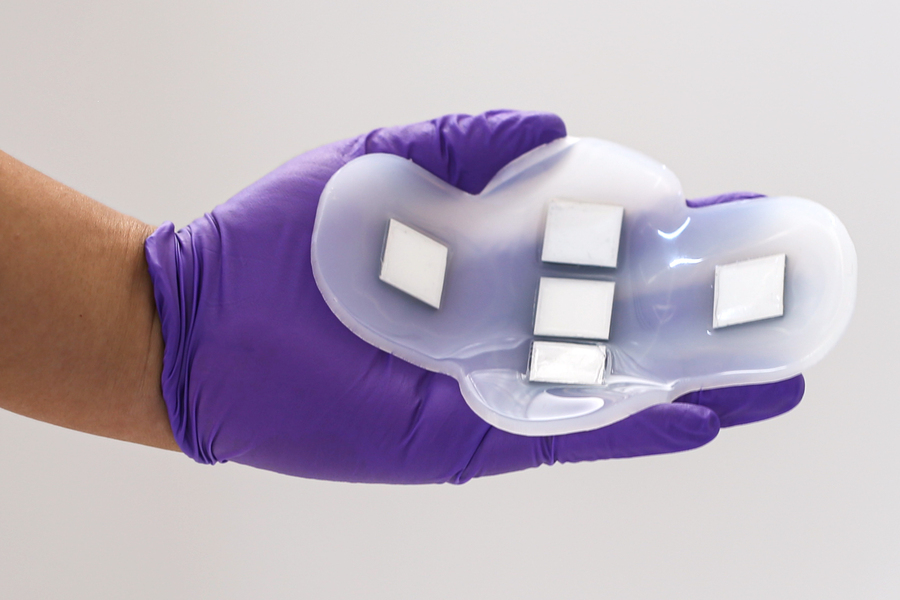BMW has decided to source some of the aluminum it needs from vendors who are using solely renewable energy in their production process. For starters, the German automaker will contract a production unit in Dubai, which is powered by energy that’s collected by panels on the Mohammed Bin Rashid Al Maktoum park. For BMW, this will only be the first step in a series of similar moves which will gradually reduce the company’s carbon dioxide emissions from its supply network down to zero.
The vendor, EGA (Emirates Global Aluminum), has agreed to a triple-digit million-EUR contract that will have them supply 43,000 metric tons of the material annually. That’s enough to cover about 50% of what BMW needs to make cars at the planned volumes, and enough to save about 2.5 million metric tons of CO2 by 2030.
Environmental consciousness goes hand in hand with the brand’s shift to electric vehicles (EVs), and “forces” them to adopt a more aggressive as well as more substantiated marketing narrative. One cannot promote their products as environmentally-friendly and at the same time continue to contribute to pollution through their supply chain.
Also, the shift of focus to EV production raises the amount of aluminum that’s needed, as it’s being used for producing battery cells. Even if we don’t account for that, aluminum still constitutes between 20% and 30% of a vehicle’s total weight, depending on the car model. So, vehicle makers need a lot of it, and producing it is actually one of the most energy-intensive processes out there.
On average, the production of 1 kg of aluminum requires 15 kWh, so for a single-car having 300 kg of the material, we’re looking at around 4,500 kWh. Obviously, the way this energy is produced plays a crucial role in what pollutants are released and at what volumes. For this reason, BMW’s move is very important and we hope that it’ll soon find many imitators in the field.







